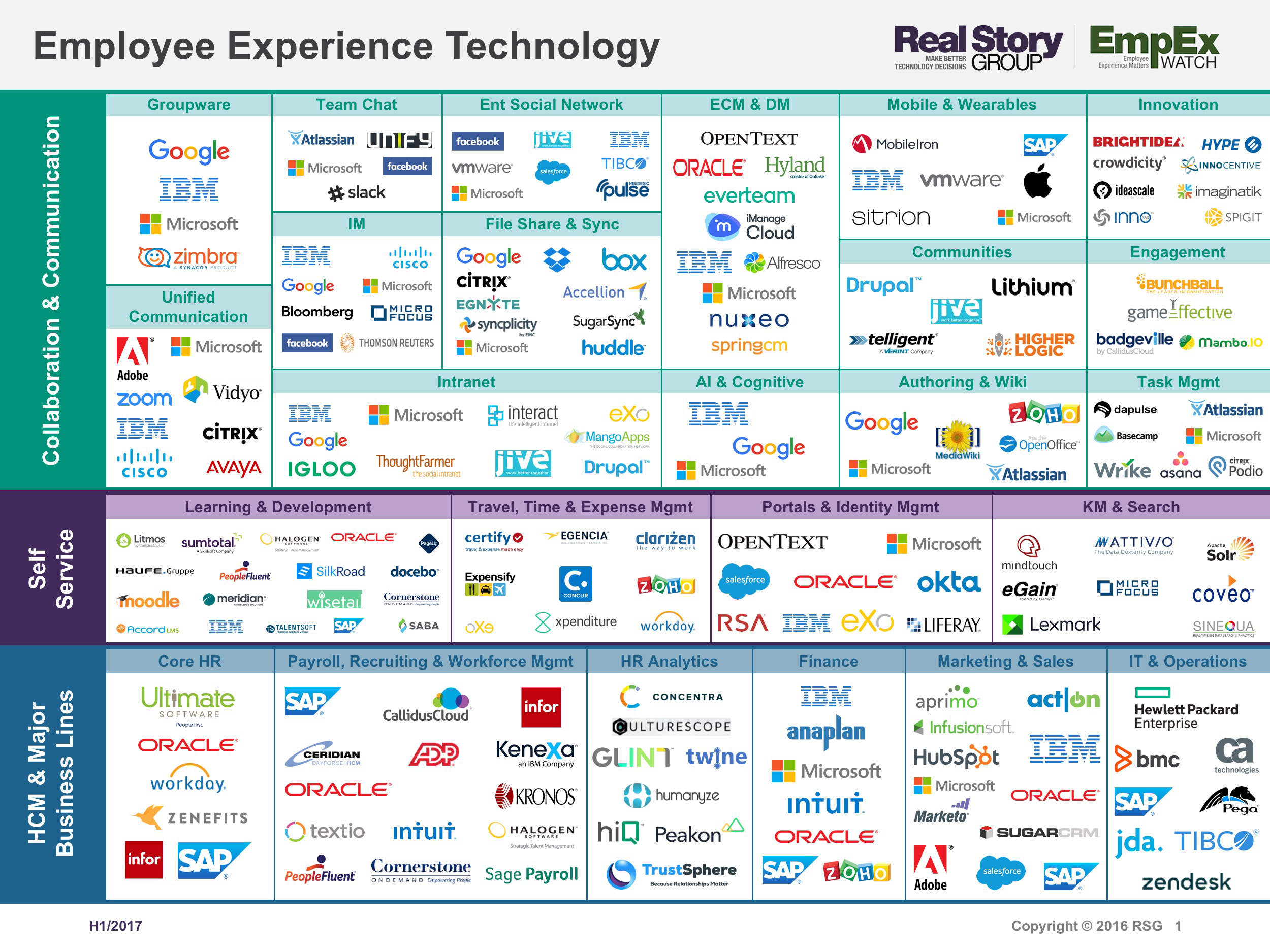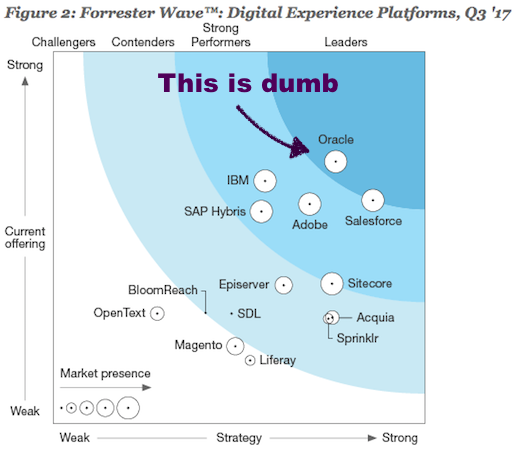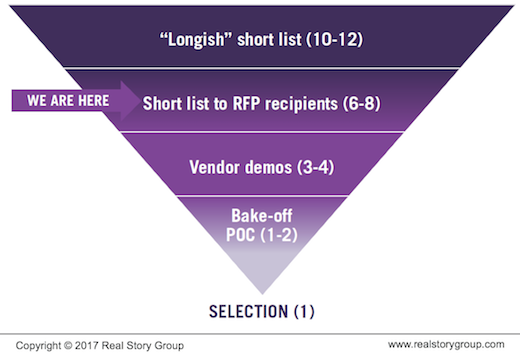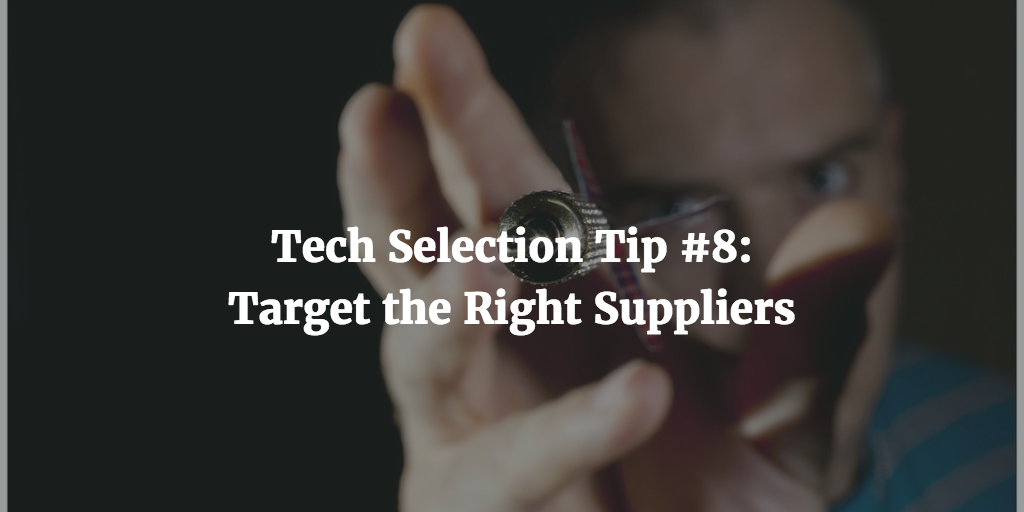Sun Portal Server rides into the sunset in favor of Liferay
In a bold move Sun used the JavaOne conference earlier this month to announce that it will begin to work closely together with Liferay on next-generation web technologies.
It took me a couple of weeks to digest the news and distill what the press release did not spell out. Really what will happen is that Sun will take a snapshot of the Liferay Portal code and use this to create a Sun-branded portal with added functionality. An initial version is expected in late 2008 or early 2009.
This is pretty big news because Sun already has a portal offering, which now will go away. The current release of Sun Portal is 7.2 and customers should not expect a Sun Portal Server 8. Sun says it will provide some level of migration tool for existing Sun Portal customers with the initial release and more will come down the road (e.g., by a 1.1 or 1.2 release).
For Liferay this is clearly a great commitment to their open source platform, which has risen in popularity in recent years. Those presently considering Sun Portal should already today take a closer look at Liferay, to avoid future migration costs. As readers of the Enterprise Portals Report know, the two products overlap substantially and share many similar strengths and weaknesses. Liferay Portal recently released version 5 and promises version 5.1 in late June, with several improvements to enterprise features, e.g. workflow and global distribution of portlets. I would certainly expect an even stronger enterprise focus in the Liferay Portal roadmap after the Sun announcement.
While the announcement may not impact Oracle in any way, it is interesting to note that while Sun effectively is taking their product out of the market Oracle still maintains its position with 4 enterprise portals.








